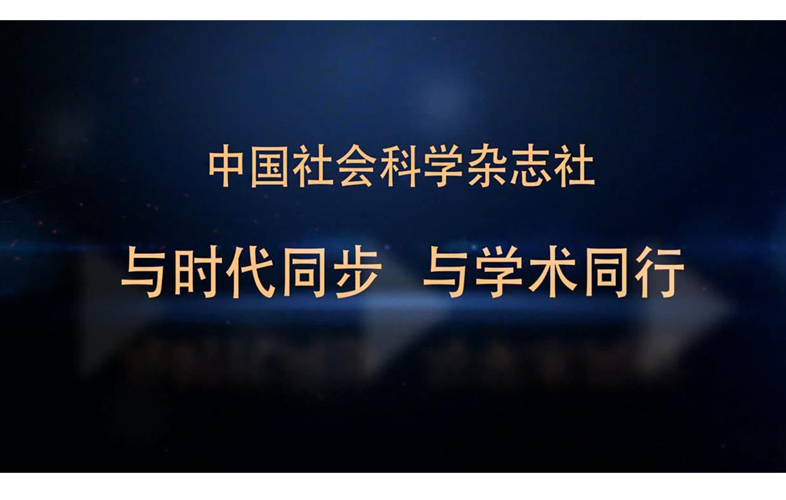Huang Shaoan,a Chen Yan b and Li Rui c
a, b and c Center For Economic Research, Shandong University
Abstract:Welfare expenditure is characterized by rigidity, i.e., it goes up easily but is very hard to get down. We introduced welfare rigidity into an endogenous growth model that includes government expenditure to analyze the impact of welfare rigidity and the composition of public expenditure on economic growth and family utility. Our findings show that welfare spending and economic growth have a non-monotonic relationship that is negative or inverted U-shaped depending on cross-country differences. Higher welfare rigidity reduces long-term economic growth and household utility. According to the estimated optimal size of welfare expenditure, China, as a developing country with a large population, has to do all it can to improve people’s livelihood but must at the same time weigh its limited resources so that its welfare expenditure does not fall into a “welfare trap.”
Keywords: habit formation, welfare rigidity, economic growth, composition of public expenditure, welfare trap

- 1 SPECIAL ISSUE: LAW-BASED GOVERNANCE O...
- 2 The Rule of Law Model of Internet Gov...
- 3 Legislation on the New Types of Cyber...
- 4 Personal Data Rights in the Era of Bi...
- 5 Legal Control over Big Data Criminal ...
- 6 坍塌的“我思”——对哲学研究“标准模...
- 7 重读斯宾诺莎宗教自由观
- 8 融合中西修辞长处 提升国家话语力量
- 9 同意理论的衰败及其向非政治领域的溢出
- 10 推动新时代哲学社会科学高质量发展


